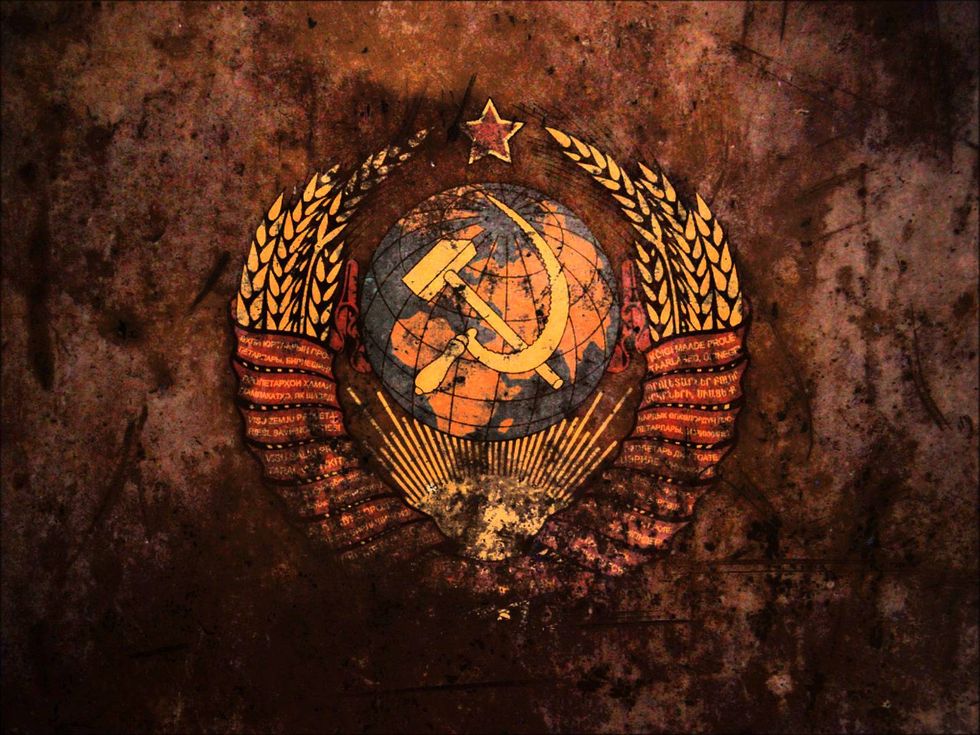“The history of all hitherto existing society is the history of class struggles.”
The spectre of Communism is still haunting the world even today. Summing up Marx in two sentences: Class battles are the characterizing injustice and state of human nature. We, the low class proletarians, must rise up through a fierce and sudden insurgency and oust our bourgeois capitalist oppressors. It is adequate enough to say that that I was distressfully frustrated with Marx's contention. To such an extent that I neglect to trust that anybody beyond high school age could consider him important even on a hypothetical premise. Maybe a century and a half’s viewpoint is at fault. Possibly, I'm losing the idea behind Marx's premise. It could basically be that the statement is a side-effect of the modern upheaval that looks very senseless in "post-mechanical" America.
If the major goal of communism is to eradicate social classes, why does it temporarily aim to establish the proletariat as the ruling class? This is because once the proletariat gains power it will someday voluntarily abdicate said power for the greater good of society. No ownership of land, a heavy income tax, no rights of inheritance, seizure of all property from "rebels" (whatever that means...presumably political enemies) and emigrants, centralized credit and capital in the hands of the state, state ownership of the means of transportation and communication, establishment of 'industrial armies', equitable distribution of the populace in town and country, and an abolition of child labor with concurrent establishment of public education (which I must admit, I do agree with). Such a strategy will ALWAYS lead to a totalitarian government that needlessly and wantonly causes suffering and economic hardship for the vast majority of its citizens.
One last issue I have with the manifesto is that it draws an excessive number of generalizations in regards to behavior. While the working class may have diminished work to a product, Marx lessens that work to a multitude of automation that have no human aspect to their products. He argues on the aftereffects of their impending uprising as though working force labor will be united to such a degree, to the point that the activities of one will be the activities of all. So, it dehumanizes the laborers of the revolution to a similar extent that the entrepreneurs have dehumanized these same laborers in their industries.
The guarantee of a distinguished, yet extravagant, future, some have argued that, similar to Fascism, Nationalism and numerous religions, Communism offers a dream of an unachievable impeccable future, and keeps its subjects charmed to it by degrading the past and the present. It argues that it speaks to a generally accepted fact which clarifies everything and can cure anything, and any evident deviations or non-performance are clarified away by fallacy and passionate interests. I would argue that Marx's concept of freedom is really just a defense of tyranny and oppression, and not an expansion of freedoms as he claimed.

















